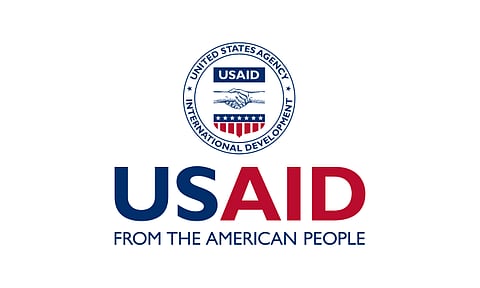

A landmark study in The Lancet projects that the Trump administration’s dismantling of the U.S. Agency for International Development (USAID) could cause over 14 million preventable deaths by 2030, including 4.5 million children under five. Researchers warn this would erase two decades of progress in global health, with impacts comparable to "a global pandemic or major armed conflict" for vulnerable nations.
The analysis of 133 countries reveals USAID programs prevented 91.8 million deaths from 2001–2021, notably reducing HIV/AIDS mortality by 65%, malaria by 51%, and neglected tropical diseases by 50%. The projected 83% funding cuts, spearheaded by Trump’s former DOGE chief Elon Musk, who boasted of putting USAID "through the woodchipper" had threatened to halt antiretroviral treatments for 20 million HIV patients, nutrition programs for malnourished children, and vaccines for preventable diseases. Immediate effects are already visible: 332,000 deaths tracked since January 2025, averaging 88 deaths per hour.
Following the U.S. lead, European donors like the UK, France, and Germany slashed their aid budgets, deepening the crisis. The UN reports "the deepest funding cuts ever" to humanitarian efforts, with Gaza, Sudan, and Syrian refugee camps facing cholera outbreaks and starvation. Researchers note these cuts cede strategic influence to China, which leverages the vacuum to position itself as a "champion of the Global South" without matching U.S. aid volumes.
Before cuts, USAID represented just 0.3% of the U.S. federal budget, costing taxpayers roughly $64 annually per person. Study co-author James Macinko emphasized, "US citizens contribute about 17 cents per day... to saving millions of lives." The agency’s efficiency was proven: Every dollar invested in maternal/child health programs yielded $20 in economic growth. Despite Secretary of State Marco Rubio’s claim that cuts targeted "wasteful spending," analysts note terminated programs included gender-violence prevention in Haiti and polio surveillance in Gaza.
As world leaders meet in Seville for a historic UN aid summit, the U.S. remains absent. Amnesty International condemns the "reckless" cuts violating international human rights law, citing closed clinics in Thailand’s refugee camps and abandoned rape survivors in Guatemala. Researchers stress projections could improve if funding restores, urging donors: "Now is the time to scale up, not scale back".